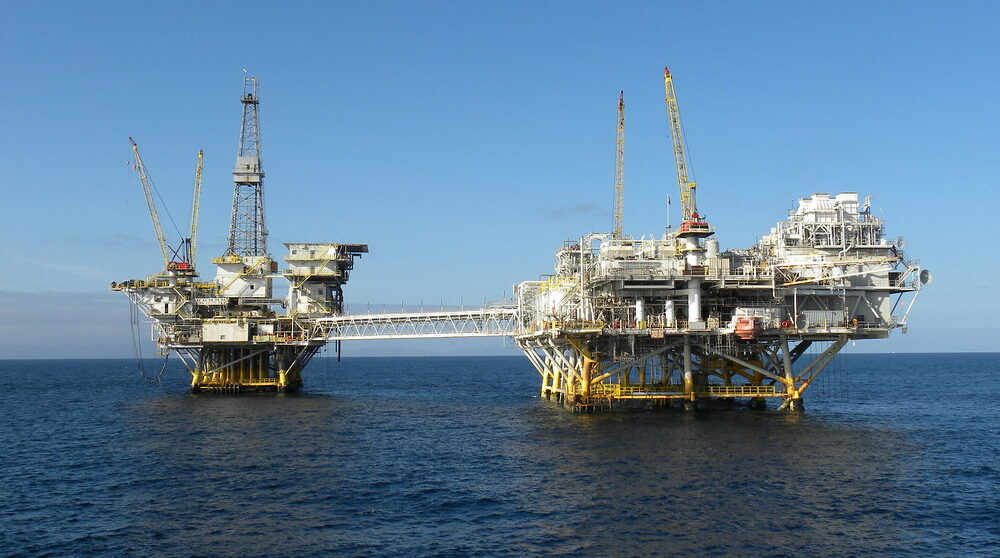The EU wants to ban the maritime transport of Russian oil: for and against

The EU wants to prevent European ships from carrying Russian oil sold at a higher price than the established "ceiling". The measure penalizes Greece in particular. Here because
In addition to discussing a price cap for Russian crude oil, the European Union is also considering imposing restrictions on shipping oil.
WHAT IS THE SHIPPING BAN
The shipping ban would consist of a ban on European ships from transporting barrels of Russian oil sold at a price higher than that set by the roof.
THE MOST AFFECTED COUNTRY
The measure would particularly penalize Greece, the first country in the world for the number of oil tankers owned.
EU SANCTIONS ON RUSSIAN OIL
The European sanctions on Russian oil, approved last June, include an embargo on Russian oil transported by ship and a ban on the provision of services related to shipping worldwide (for example insurance or financing); however, they contain exemptions for supplies by tubes .
The package will come into effect in two stages: in December the restrictions on crude oil will start, while at the beginning of 2023 those on refined petroleum products.
OPPOSITIONS AND ESCAPES
The shipping industry was excluded from sanctions due to opposition from member countries most dependent on the sector, such as Greece and Cyprus. As a result, tankers that do not rely on European services can in theory continue to transport Russian oil out of the Union.
The shipping ban would serve to eliminate this loophole, as well as to align the European price cap with that of the G7.
COMPLICATED NEGOTIATIONS
To include shipping in Russian oil sanctions, however, Brussels will need the favorable vote of all 27 member states.
It might not be easy, given the complexity of the previous negotiations on the purchase ban on Russian barrels: Cyprus and Greece, in fact, will try to protect their respective domestic industries. Hungary has also already made it known that it will not give its support to new sanctions.
THE ROLE OF CHINA AND INDIA
However, the effectiveness of a price cap is unclear, given that two of the largest buyers of Russian crude oil – China and India – have no plans to join. However, Moscow sells oil to the two countries at a discounted price compared to the international benchmark.
This is a machine translation from Italian language of a post published on Start Magazine at the URL https://www.startmag.it/energia/unione-europea-divieto-trasporto-marittimo-petrolio-russia/ on Thu, 29 Sep 2022 05:56:49 +0000.
